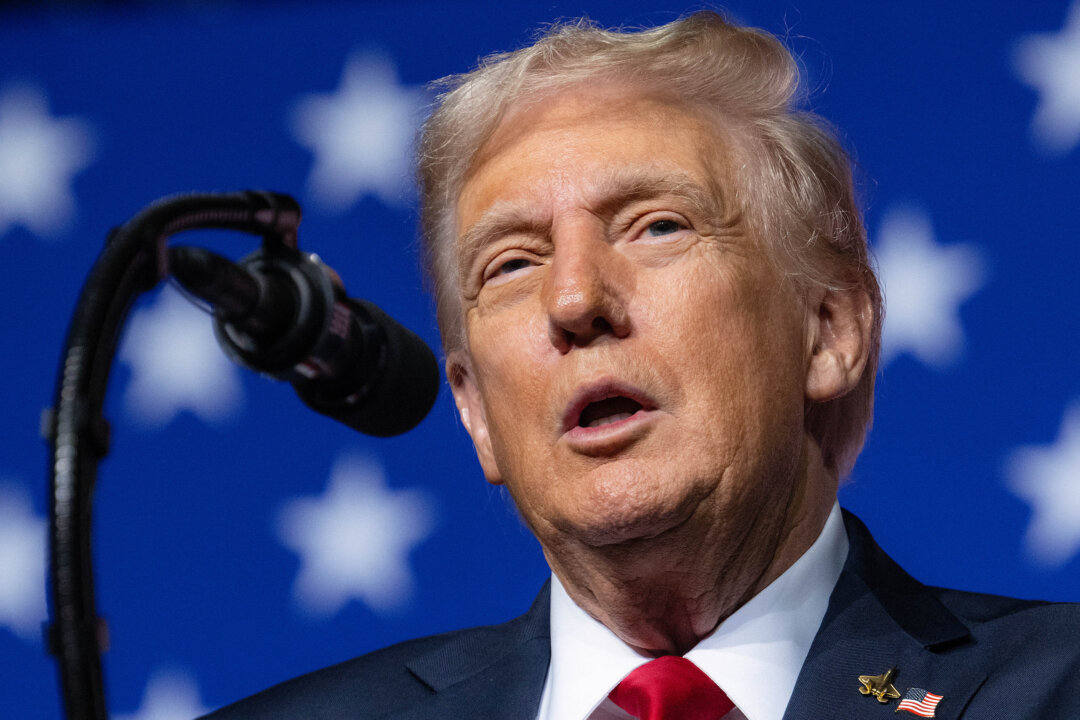UPDATE: U.S. Defense Secretary Pete Hegseth announced just hours ago that the United States and China will establish direct military communication channels. This significant development aims to enhance dialogue amid escalating tensions in the South China Sea.
During a regional security meeting in Kuala Lumpur, Malaysia, Hegseth confirmed the agreement with his Chinese counterpart, Admiral Dong Jun. Their conversation late Saturday emphasized that “peace, stability, and good relations are the best path for our two great and strong countries.” The announcement comes at a crucial time, as both nations navigate a complex relationship marked by competition and collaboration.
Hegseth’s remarks on X underscore the urgency of strengthening military ties. He urged Southeast Asian nations to enhance their maritime capabilities in response to China’s increasingly “destabilizing” actions in the region. “China’s sweeping territorial and maritime claims in the South China Sea fly in the face of their commitments to resolve disputes peacefully,” he stated.
The South China Sea remains one of Asia’s most volatile regions, with Beijing asserting claims over nearly the entire area. This has resulted in ongoing disputes with several ASEAN nations, including the Philippines, Vietnam, Malaysia, and Brunei. Hegseth highlighted the Philippines’ role as a critical U.S. ally, noting frequent clashes with China’s maritime fleet.
The backdrop of this agreement is the Philippines’ call for a robust regional response to counter Chinese assertiveness. Hegseth emphasized the need for ASEAN to expedite the conclusion of a long-delayed Code of Conduct governing behavior in the South China Sea. He proposed developing shared maritime surveillance and rapid-response systems to deter provocations.
In a contrasting tone, Hegseth also shared insights from a conversation with former President Donald Trump, stating that “the relationship between the U.S. and China has never been better.” This dual messaging highlights Washington’s strategy to balance deterrence with diplomacy amidst rising tensions.
The U.S. is planning a maritime exercise with ASEAN countries in December, aimed at enhancing regional coordination and upholding freedom of navigation in international waters. Hegseth welcomed this initiative, reiterating that “any member facing aggression and provocation is not alone.”
Chinese officials have reacted strongly to U.S. criticisms, accusing Washington of meddling in regional affairs and exacerbating tensions. They dismissed the Philippines’ naval drills with the U.S., Australia, and New Zealand, labeling the country a “troublemaker” in the ongoing dispute.
As dialogues continue between the U.S. and China, the world watches closely. The establishment of military communication channels could signify a shift towards greater transparency and stability in a historically tense relationship.
The developments in Kuala Lumpur set the stage for what may be a pivotal moment in U.S.-China relations, and the international community is poised to respond. Stay tuned for more updates as this situation unfolds.







